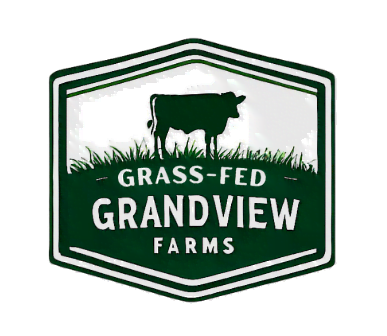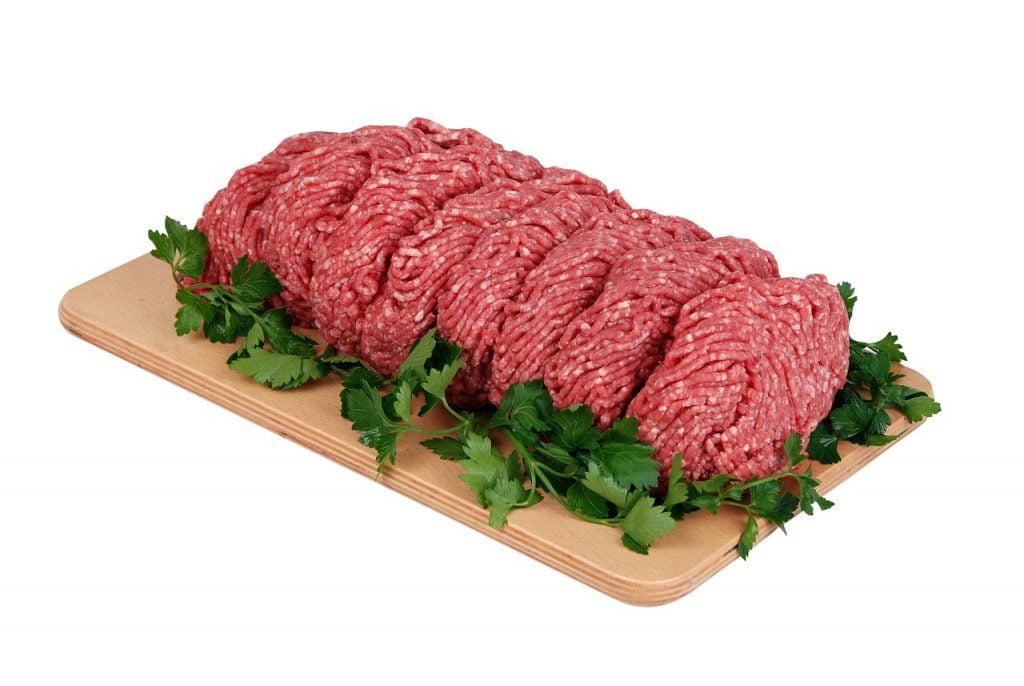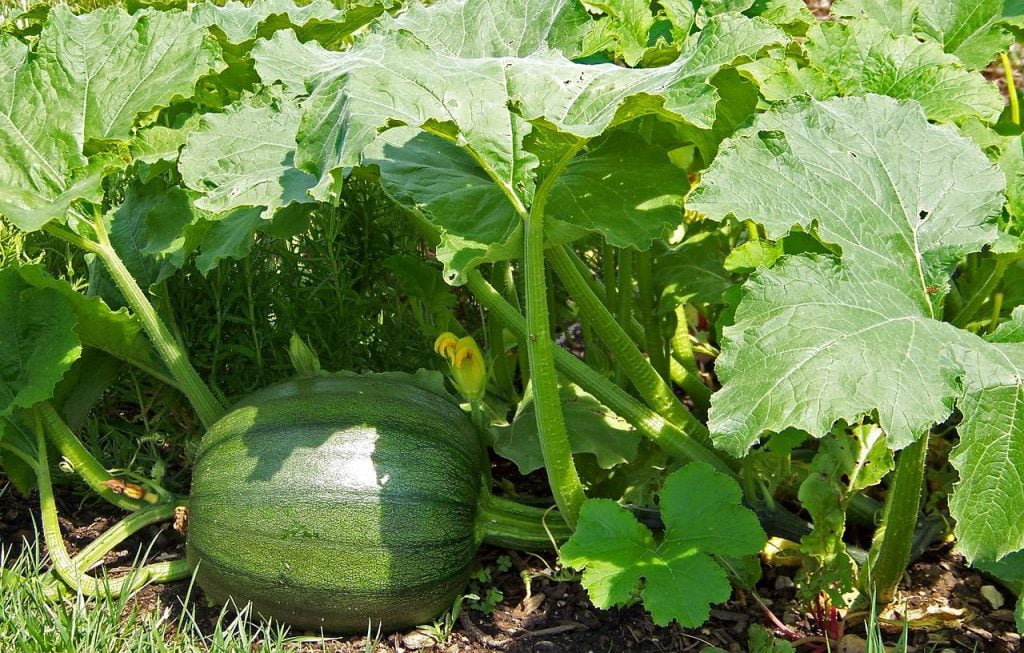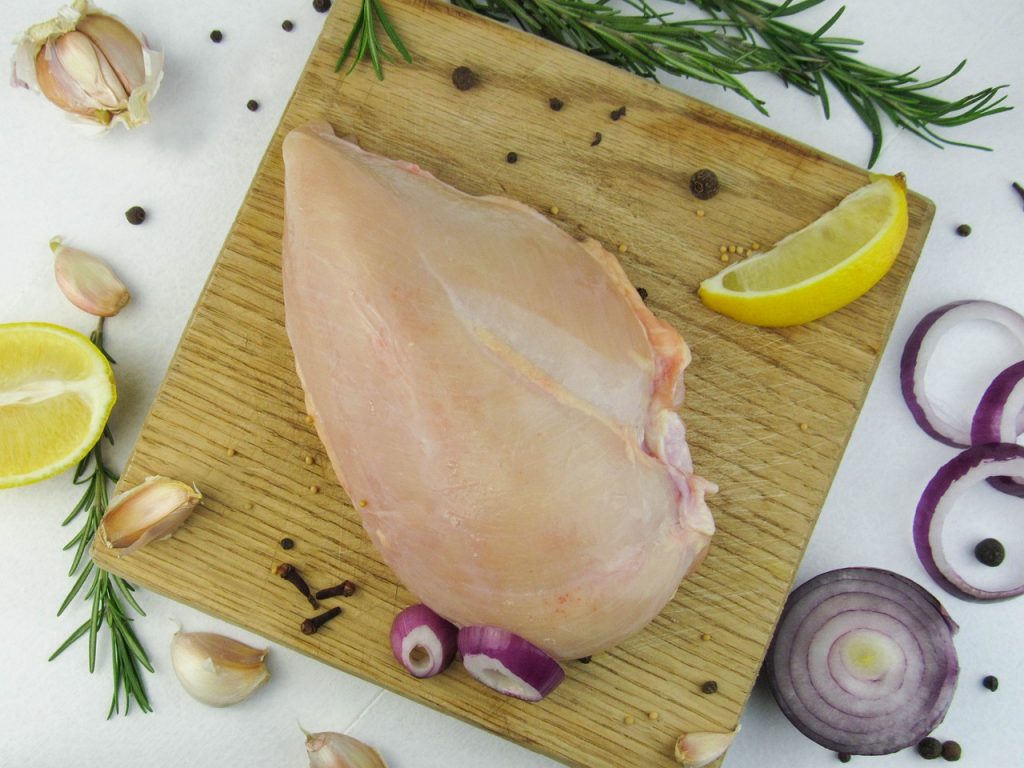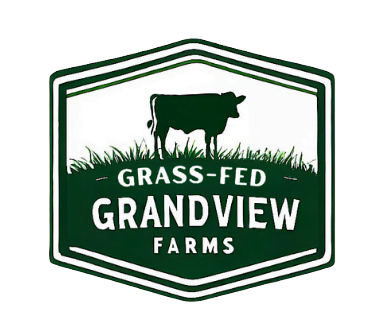In today’s world, where consumers are increasingly conscious of the food they eat, Pasture Raised beef has emerged as a popular choice. This method of raising cattle offers a multitude of benefits, not only for the animals themselves but also for the environment and human health. In this comprehensive guide, we will delve into the world of Pasture Raised beef, exploring its advantages and the impact it has on our lives. For more insights check whether Grass – Fed beef is better for the planet?
Pasture-Raised Cows: A Symphony of Nature, Taste, and Well-being
The Rise of Pasture Raised Cows: In recent years, there has been a growing movement towards Pasture Raised cows, a method of raising cattle that mimics their natural grazing behavior. This shift is driven by consumer demand for higher-quality food, ethical animal treatment, and environmentally sustainable practices. Also check why demand for grass fed beef continues?
The Significance of Informed Consumer Choices: As consumers, we have the power to shape the food system through our purchasing decisions. By choosing Pasture Raised beef, we can support sustainable agriculture, promote animal welfare, and enhance our own health.
Unraveling the Myth of Conventional Beef Production: Conventional beef production, which confines cattle to feedlots and feeds them a grain-based diet, has raised concerns about animal welfare, environmental impact, and the nutritional quality of the meat.
What is Pasture Raised Beef?
A Definition of Pasture Raised Beef: Pasture Raised beef comes from cattle that spend their lives grazing on pasture, consuming a diet of grass, legumes, and other forages. This natural diet promotes their physical and mental well-being while producing meat with a superior flavor and nutrient profile.
Contrasting Pasture Raised and Conventional Beef Production: Unlike conventional beef production, Pasture Raised systems allow cattle to express their natural behaviors, roam freely, and interact with their environment. This leads to healthier, less stressed animals.
The Role of Grass and Forage in Pasture Raised Beef Production: Grass and forage provide cattle with a diverse range of nutrients, including omega-3 fatty acids, vitamin E, and conjugated linoleic acid (CLA). These nutrients contribute to the superior taste and nutritional value of Pasture Raised beef.
Benefits of Pasture Raised Beef
Animal Welfare:
Enhanced Physical and Mental Well-being: Pasture Raised cattle enjoy a higher quality of life, with access to fresh air, sunlight, and open space. This promotes their physical and mental health, reducing stress and disease.
Natural Behaviors and Expression of Instincts: Pasture Raised cows can graze, roam, and interact with their environment, fulfilling their natural instincts and enhancing their overall well-being.
Environmental Impact:
Improved Soil Health and Carbon Sequestration: Grazing helps to improve soil structure, increase organic matter, and enhance carbon sequestration, contributing to a healthier ecosystem.
Reduced Erosion and Water Consumption: Pasture-based systems minimize soil erosion and water usage compared to conventional feedlot operations.
Minimized Environmental Footprint: Pasture Raised beef production has a smaller environmental footprint, reducing greenhouse gas emissions and resource consumption.
Human Health:
Rich Source of Omega-3 Fatty Acids, Vitamin E, and CLA: Pasture Raised beef is a rich source of omega-3 fatty acids, vitamin E, and CLA, nutrients associated with reduced risk of heart disease, cancer, and inflammation.
Balanced and Nutritious Diet: Pasture Raised beef contributes to a balanced and nutritious diet, providing essential proteins, vitamins, and minerals.
Taste and Quality:
Superior Taste and Complex Flavor Profile: Pasture Raised beef is renowned for its superior taste, with a complex flavor profile due to the diverse range of plants and forages consumed by the cattle.
Enhanced Tenderness and Juiciness: Pasture Raised beef is typically more tender and juicy than conventionally raised beef, resulting from the natural marbling and muscle development of grazing animals.
A True Culinary Experience: Pasture Raised beef elevates the culinary experience, offering a symphony of flavors and textures that elevate dishes and satisfy discerning palates.
Supporting Sustainable Agriculture:
Environmental and Animal Welfare Benefits: Pasture Raised beef production aligns with sustainable agriculture principles, promoting animal welfare and environmental stewardship.
Sustainable Land Management Practices: Pasture-based systems promote sustainable land management practices, such as rotational grazing, which improves soil health and biodiversity.
Rotational Grazing and Biodiversity Enhancement: Rotational grazing allows for pasture recovery and biodiversity enhancement, supporting a thriving ecological balance.
How to Find Pasture Raised cows
Navigating the Grocery Aisles and Farmers Markets: Pasture Raised cows is increasingly available in major grocery stores and farmers markets. Look for labels that specifically state “pasture-raised” or “grass-fed.”
Seeking Out Butcher Shops and Specialty Stores: Specialty butcher shops and stores often carry a wider selection of Pasture Raised beef, offering personalized recommendations and guidance.
Recognizing Labels that Indicate “Pasture-Raised” or “Grass-Fed”: Look for certifications from organizations like the American Grassfed Beef Association and the Certified Grassfed Beef Program, which ensure Pasture Raised beef meets strict standards.
Building Relationships with Local Producers: Connecting with local Pasture Raised beef producers allows for direct communication about their practices and sourcing.
Supporting Online Retailers and Community Supported Agriculture (CSA) Programs: Online retailers and CSA programs offer direct access to Pasture Raised beef from trusted sources.
A Harmonic Convergence of Natural Processes, Culinary Delights, and Optimal Health: Pasture Raised beef represents a harmonious fusion of natural processes, culinary excellence, and overall well-being.
A Conscious Choice for a Sustainable and Healthy Food System: Choosing Pasture Raised cows is a conscious choice that aligns with the principles of sustainable agriculture and promotes animal welfare and human health.
Shaping a Future where Pasture Raised Beef is the Norm: By embracing Pasture Raised beef, we can shape a future where this method of raising cattle becomes the standard, fostering a more sustainable and health-conscious food system.
Conclusion
Redefining the Standards of Beef Production: Pasture Raised beef redefines the standards of beef production, prioritizing animal welfare, environmental sustainability, and nutritional value.
Embracing a More Humane, Environmentally Friendly, and Nutritious Choice: By choosing Pasture Raised beef, we embrace a more humane, environmentally friendly, and nutritious choice, contributing to a healthier and more sustainable future.
The Growing Demand for Pasture Raised Beef and Its Impact on the Industry: The growing demand for Pasture Raised beef is driving industry transformation, encouraging more farmers to adopt this sustainable method of production.
A Shared Responsibility for a Sustainable and Health-Conscious Future: It is our shared responsibility to support Pasture Raised beef, fostering a future where we can enjoy delicious, nutritious, and ethically raised beef while contributing to a healthier planet and happier animals.
FAQ
Yes, it improves soil health, reduces erosion, and minimizes water usage compared to conventional beef production.
